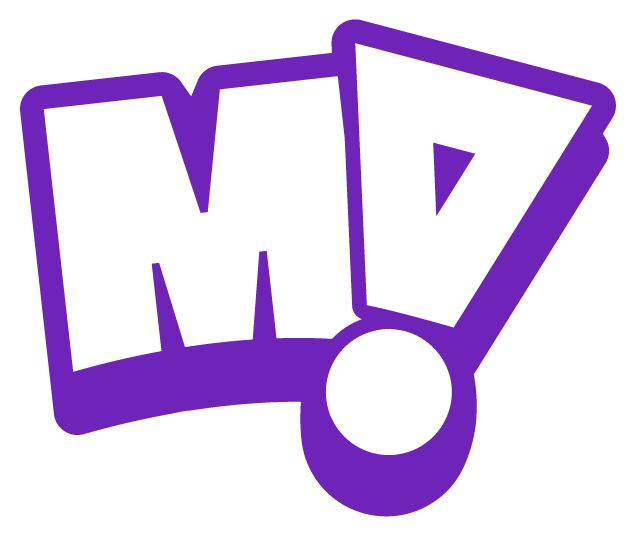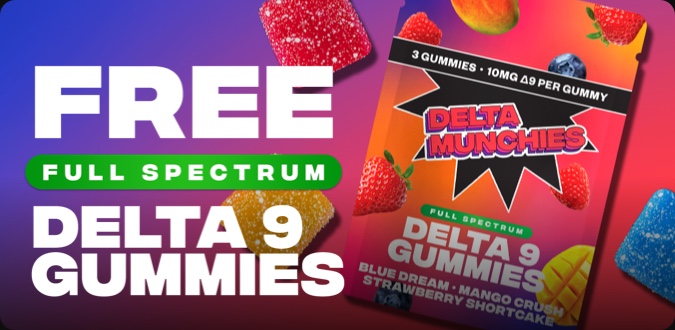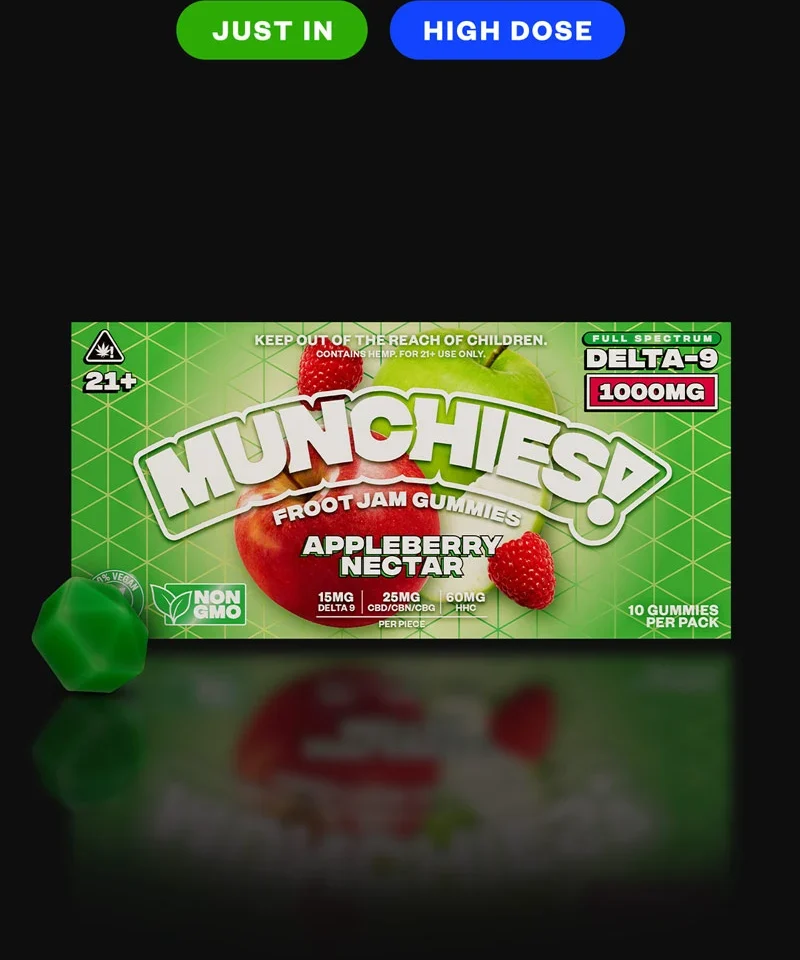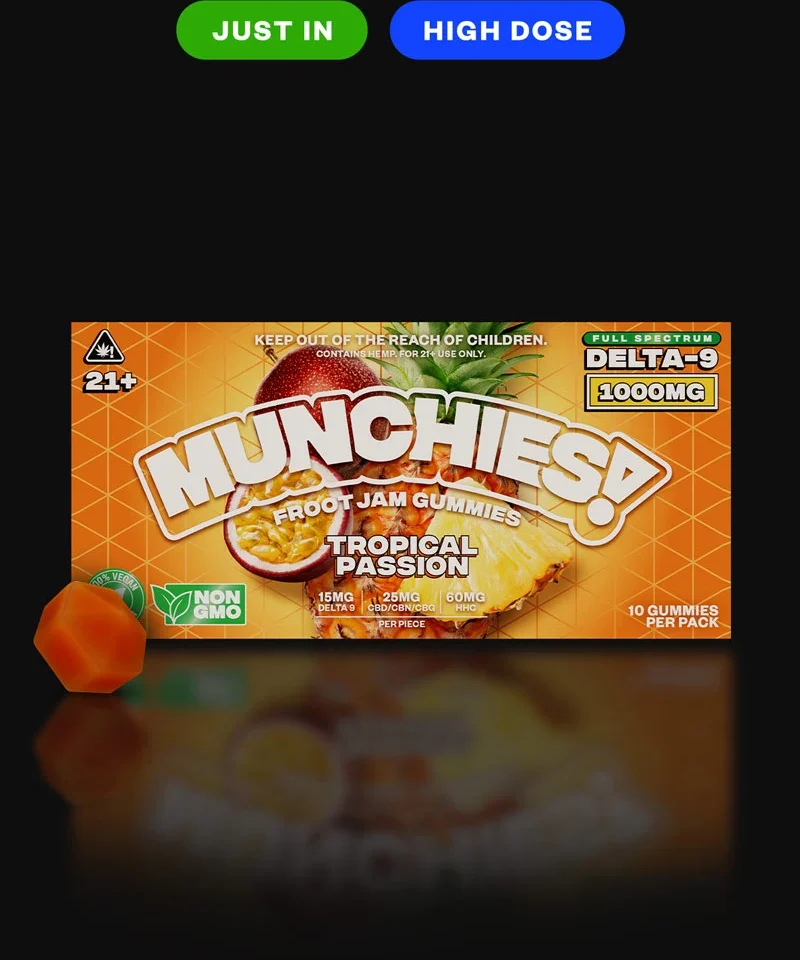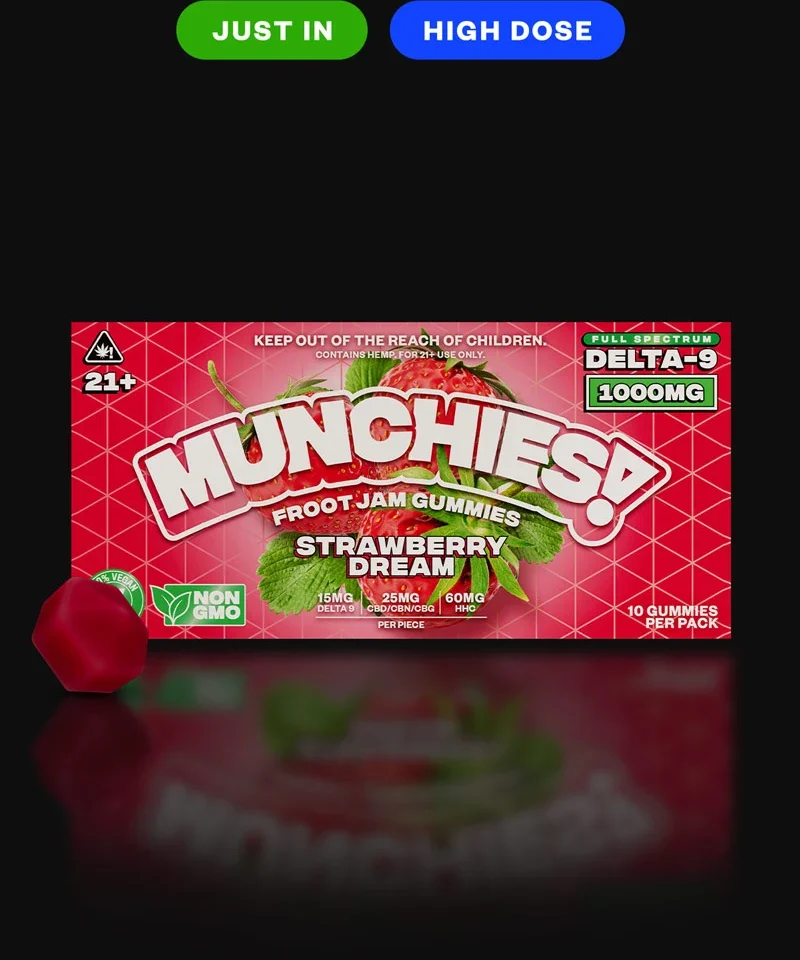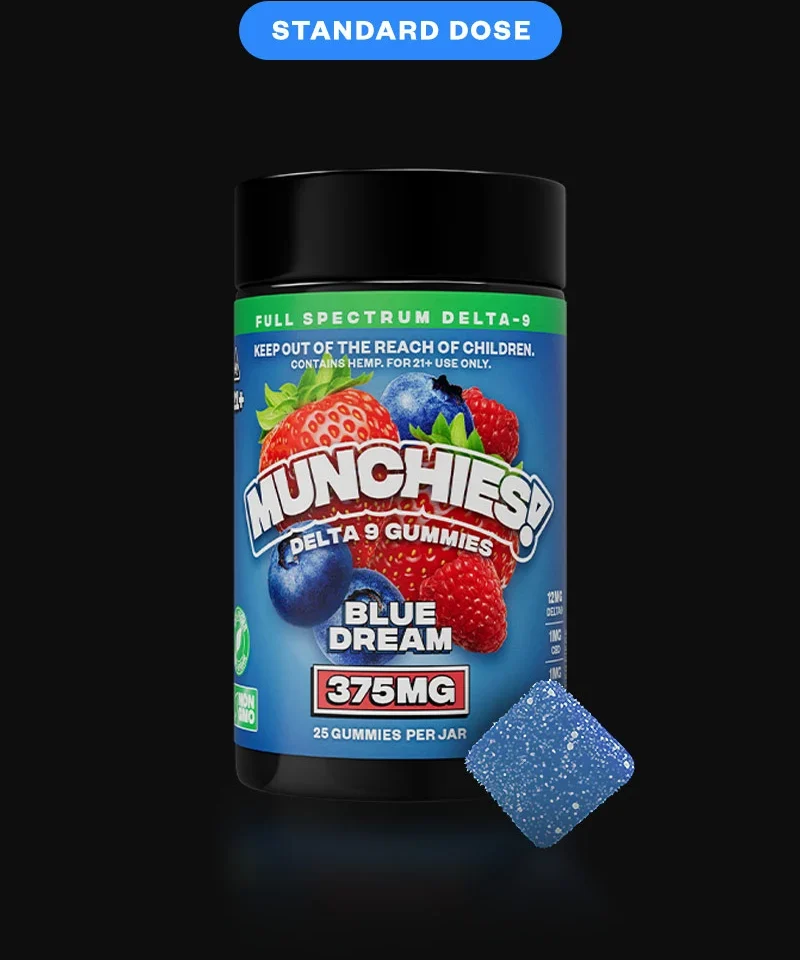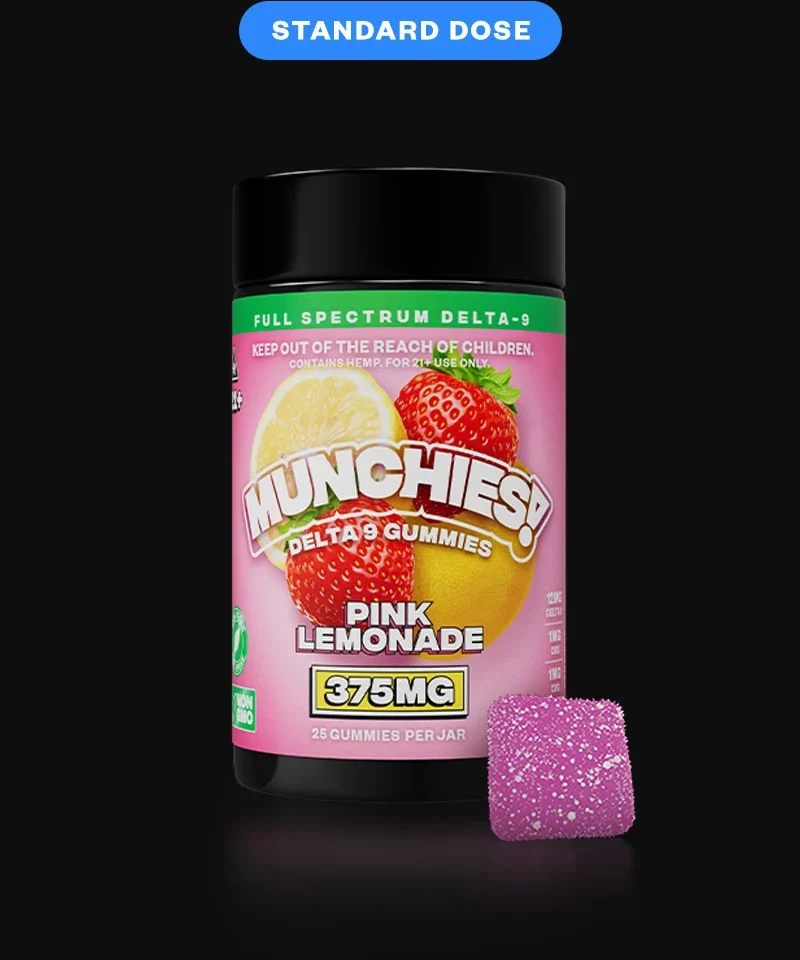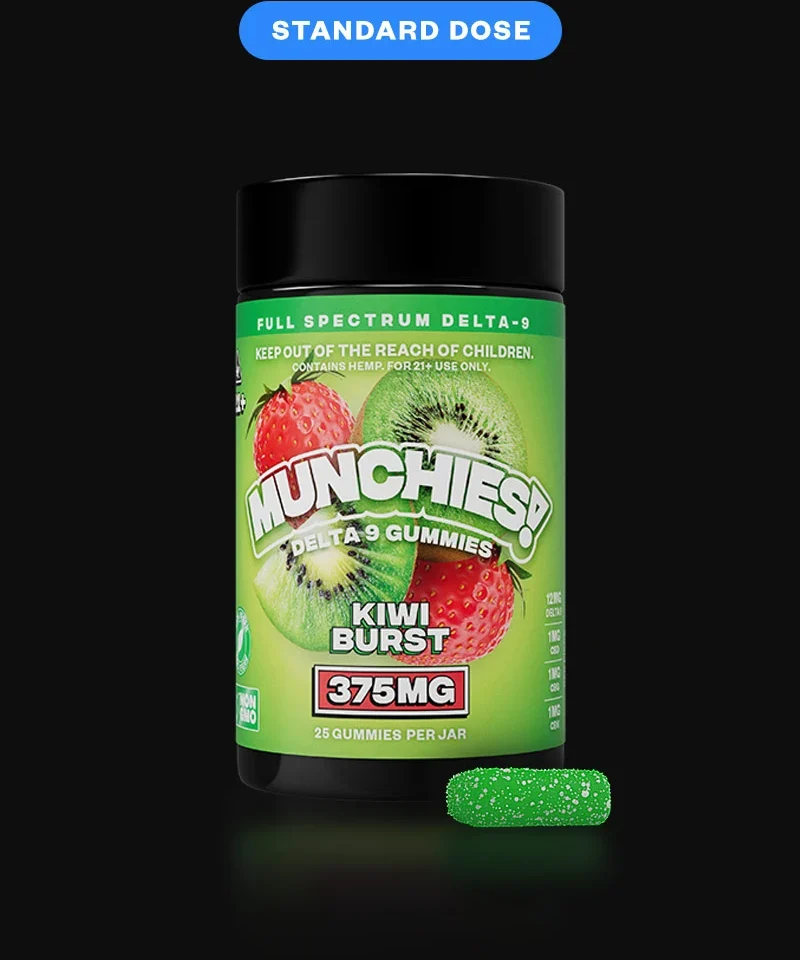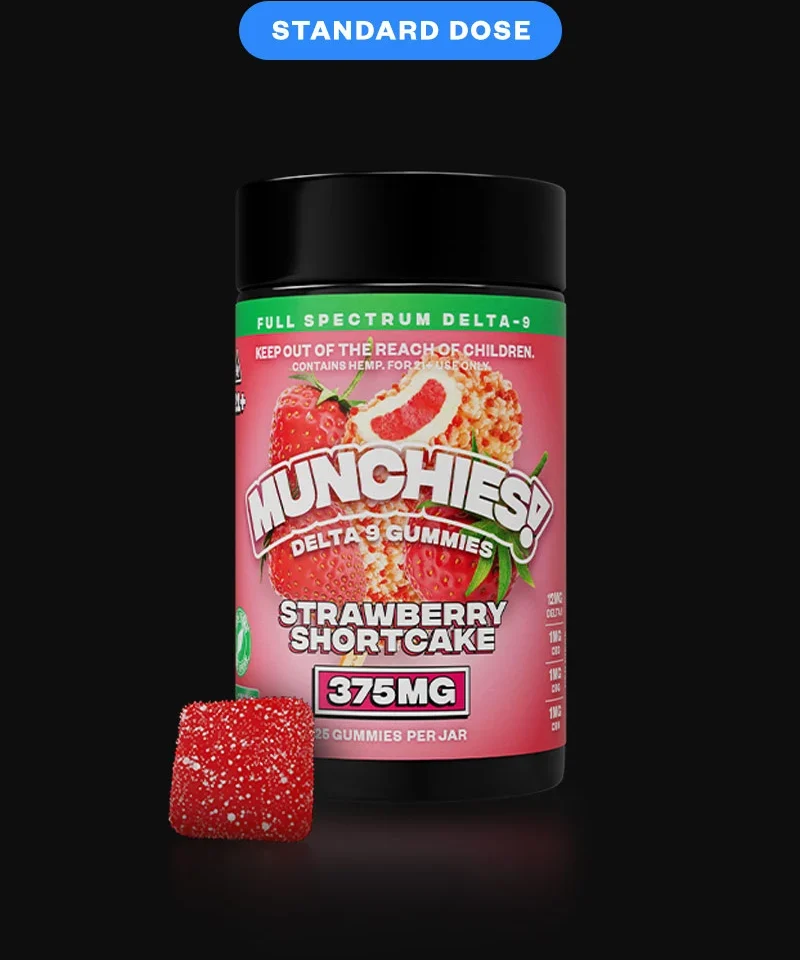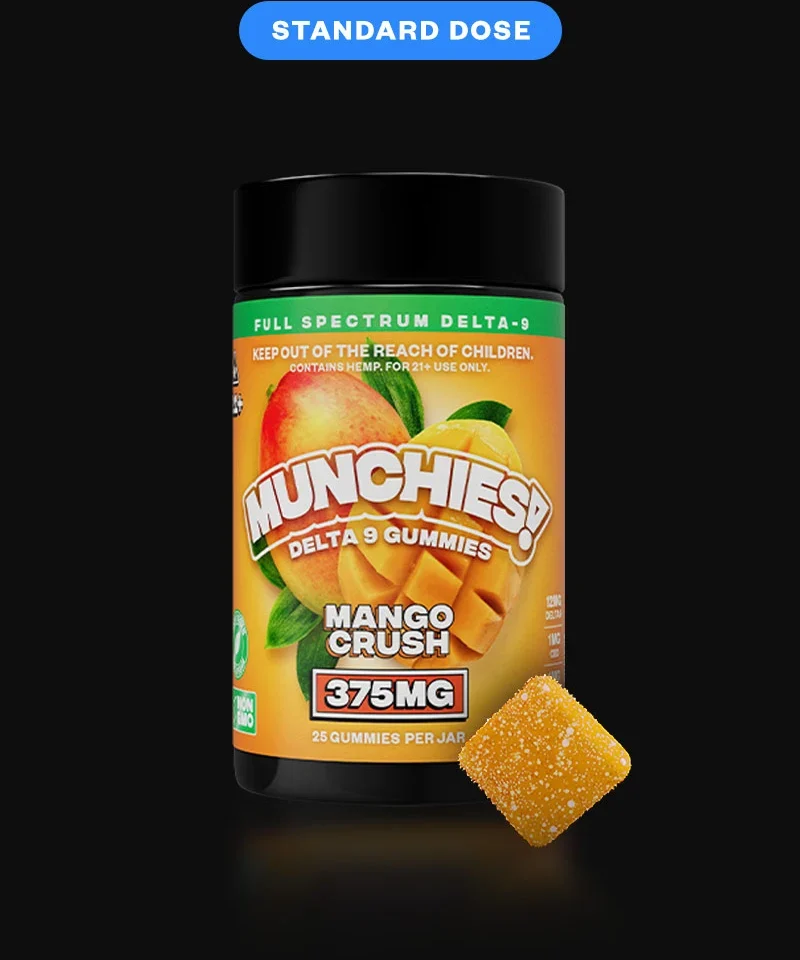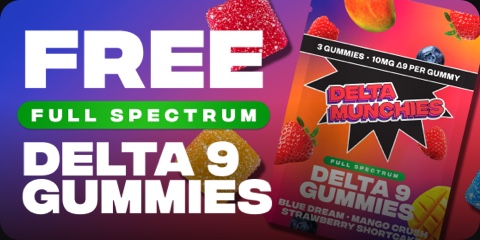Delta 9 THC is the most prevalent psychoactive chemical compound that is found in both the cannabis and hemp plants. However, delta 9 THC which is derived from hemp and delta 9 THC which is derived from cannabis are viewed a bit differently from a legal standpoint.
There has been relatively recently passed legislation that has legalized hemp-derived delta 9 THC as long as it adheres to a federally recognized standard, but because in the United States each state makes its own individual cannabis laws, this doesn’t mean that delta 9 THC is legal in every state.
These legal grey areas can be confusing, so we’re going to take a closer look at delta 9 THC and federal law and Michigan delta 9 THC laws. But before we move on, make sure to try our delta 9 gummies which are fully legal in Michigan!
Contents
- Key Takeaways
- Delta 9 THC and Federal Law
- Michigan Delta 9 THC Laws
- House Bill NO. 6330 – Industrial Hemp Research and Development Act
- Is Delta 9 a Controlled Substance in Michigan?
- Delta 9 THC Possession Limits in Michigan
- Is Delta 9 THC Legal in Michigan?
- Can You Buy Delta 9 in Michigan?
- Are Delta 9 Gummies Legal in Michigan?
- Delta 9 Loophole
- Where to Buy Delta 9 in Michigan
- Delta 9 THC: FAQs
Key Takeaways
- The legality of delta 9 depends on its origin. Marijuana-derived delta 9 is considered illegal at a Federal level as it’s a Schedule I drug. However, hemp-derived delta 9 products are federally legal as long as they have less then 0.3% delta 9 THC content on a dry weight basis, according to the 2018 Farm Bill.
- In Michigan, delta 9 products are legal as long as they comply with the 2018 Farm Bill.
- Delta Munchies is the best purveyor of legal hemp-derived delta 9 products in Michigan.
Delta 9 THC and Federal Law
Delta 9 THC is the molecular name for tetrahydrocannabinol, or the THC that we’re familiar with when thinking of smoking weed. The legal history of cannabis in the United States has been a tumultuous one. Although humans have used cannabis in food, medicine, and material making for thousands of years, cannabis was completely federally prohibited in the United States for 75 years.
However, this changed in 1996 when California became the first state to legalize cannabis for medical use. Then, in 2012, both Colorado and Washington State became the first states to legalize recreational marijuana within their borders.
As of 2022, cannabis has now been federally legalized and decriminalized for both medicinal and recreational use in America. Unfortunately, this is not the case in every state. Each state still has its own individual cannabis laws; some states have legalized marijuana for medical use and not recreational use, while others have only legalized non-psychoactive cannabinoids like CBD.
Other states have decriminalized weed but not legalized it. Some allow hemp-derived THC, but don’t allow marijuana. Since this can be super confusing to keep up with, we’re breaking down each state’s cannabis laws so you can enjoy your weed as safely and responsibly as possible.
Michigan Delta 9 THC Laws
According to Michigan state law, all hemp-derived THC products that adhere to the federal standard of a 0.3% THC content or less are completely legal statewide. This is thanks to the 2018 Farm Bill, a piece of legislation that was passed that allowed certain cannabinoids to be harvested as long as they were collected from hemp and contained 0.3% THC content or less.
Additionally, Michigan passed their own state law called the Michigan Regulation and Taxation of Marijuana Act which legalized recreational marijuana (containing delta 9 THC) for Michigan residents that are 21 years of age or older.
House Bill NO. 6330 – Industrial Hemp Research and Development Act
House Bill NO. 6330 – Industrial Hemp Research and Development Act, an amendment of the 2014 PA 547, was passed in 2018 and is an act that authorizes the growing and cultivating of industrial hemp for research purposes. This bill has been instrumental in changing the definition of industrial hemp in Michigan and placing the power of the Industrial Hemp Research and Development Act solely with the state government.
The main purpose of this bill is to allow for the production, manufacture, retail sale, and inspection of industrial hemp products in Michigan. This includes all hemp products such as food, fiber, fuel, paper, clothing, building materials, bioplastics, biofuel, cosmetics, dietary supplements, and more. It also allows for research into new uses for industrial hemp that can benefit both farmers and consumers alike.
In addition to allowing for production and research into industrial hemp products in Michigan, House Bill NO. 6330 also provides legal protection for those who are growing or cultivating industrial hemp for research purposes. This means that anyone who is found to be growing or cultivating industrial hemp without a license will not face criminal charges or penalties under this act.
The passing of House Bill NO. 6330 has been a major step forward for Michigan’s agricultural industry as it opens up opportunities to explore new uses for industrial hemp products while providing legal protection to those involved in its cultivation and research.
With this bill now in place, it is expected that there will be an increase in investment into Michigan’s agricultural sector and job opportunities related to the production and research of these products.
This act has been a great success so far and has opened up many possibilities for both farmers and consumers alike when it comes to exploring new uses for industrial hemp products within Michigan’s agricultural sector. It has also provided legal protection to those involved in its cultivation, manufacturing, and research.
Is Delta 9 a Controlled Substance in Michigan?
According to the government, a controlled substance is a drug or other substance that has a high risk of its user becoming addicted. Because of the “War on Drugs” that was introduced into our country in the 1970s by President Richard Nixon, marijuana unjustly fell under the federal category of controlled substances.
However, since then, there has been research-backed evidence that has shown marijuana is NOT in the same category of addictive drugs as opioids, stimulants, depressants, or anabolic steroids. Unfortunately, the legality has yet to catch up with the science.
So, is delta 9 a controlled substance in Michigan? No, delta 9 THC is NOT a controlled substance in Michigan. Not only is hemp-derived delta 9 THC considered legal in Michigan, but so is recreational marijuana containing delta 9 THC.
Delta 9 THC Possession Limits in Michigan
According to Michigan state law: “You must be over 21 to use and possess marijuana. Adults may possess and transport up to 2.5 ounces of marijuana at any time. Adults may keep up to 10 ounces at home; amounts higher than 2.5 ounces must be locked away. Adults may grow up to 12 marijuana plants at home.”
Is Delta 9 THC Legal in Michigan?
Yes, delta 9 THC is legal in Michigan. Both hemp-derived delta 9 THC and marijuana were legalized in Michigan in 2018 by both state and federal law.
Can You Buy Delta 9 in Michigan?
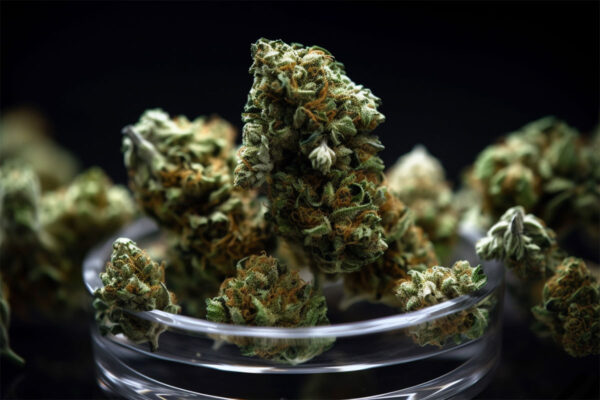
Delta 9 THC is legal in Michigan, and you can buy it in the form of gummies, vapes, and extracts. Hemp-derived delta 9 THC products are available throughout Great Lake State with no restrictions. The state of Michigan only recognizes and regulates delta 9 THC under the 2018 Farm Bill, which states that hemp-derived products must contain 0.3% or less of delta 9 THC.
Are Delta 9 Gummies Legal in Michigan?
As mentioned earlier, delta 9 THC is legal in Michigan as long as it conforms to the 2018 Farm Bill. Therefore, delta 9 gummies that contain no more than 0.3% THC are legal in Michigan. The THC must be derived from hemp and not cannabis.
You must be 21 years of age or older to buy delta 9 gummies in Michigan. This is to comply with the Michigan Regulation and Taxation of Marihuana Act, which states that any person under 21 years of age cannot possess or purchase cannabis in any form or quantity.
Delta 9 Loophole
Even though Michigan only allows the sale and distribution of hemp-derived delta 9 THC, you need to know that in November 2018, Michigan voters approved Proposal 1, which led to the creation of the Michigan Regulation and Taxation of Marihuana Act (MRTMA). This act legalized recreational marijuana for adults aged 21 and older.
Under the MRTMA, adults aged 21 and over can legally possess, use, and consume marijuana. They are allowed to possess up to 2.5 ounces of marijuana on their person, and up to 10 ounces within their residence. Additionally, individuals can cultivate up to 12 marijuana plants at home for personal use. It is important to note that marijuana consumption is only permitted on private property and not in public spaces.
In terms of purchasing marijuana, there are licensed dispensaries throughout the state where adults can buy various marijuana products. These dispensaries are regulated by the Marijuana Regulatory Agency (MRA), which oversees both the medical and recreational marijuana industries in Michigan.
However, even with this loophole, it’s your sole responsibility to ensure that any products you purchase are compliant with Michigan state laws and regulations. Always purchase your delta 9 products from reputable sources that can provide you with the necessary documentation proving their legality.
Where to Buy Delta 9 in Michigan
Since delta 9 THC is legal in Michigan, it should be able to find at your local dispensaries, smoke shops, or specialty shops. However, there are some areas of the state where delta 9 THC may not be as accessible as others. Since it’s federally legal to ship hemp-derived delta 9 to all 50 states, the easiest place to buy delta 9 in Michigan is online. Here at Delta Munchies, we offer hemp-derived, full-spectrum delta 9 THC that adheres to all federal and state guidelines and regulations while still being potent enough for seasoned stoners.
Delta 9 THC: FAQs
Is Delta 9 Indica or Sativa?
Delta 9 THC is a psychoactive component of cannabis that can be found in both indica and sativa strains. The ratio of indica to sativa depends on the strain, as some may have higher levels of delta 9 THC than others. The ratio of the two subspecies can vary from strain to strain, making it important to check the delta 9 THC levels before purchasing or consuming any cannabis products.
What Does Delta 9 Feel Like?
The way delta 9 THC affects a person depends on a number of different factors, including age, gender, weight, tolerance, method of consumption, metabolism, and strain
At lower doses, users typically experience an uplifting feeling of relaxation and euphoria. This is combined with a heightened sense of creativity, sociability, and increased appetite. At higher doses, users can experience more intense effects, such as dreamlike states and hallucinations.
Side effects associated with delta 9 include anxiety, paranoia, increased heart rate and blood pressure, dry mouth, red eyes, dizziness, or confusion. Overdosing on delta 9 THC can cause panic attacks or even psychosis.
What’s the Difference Between Delta 8 and Delta 9?
Delta 8 and delta 9 THC are both cannabinoids found in the cannabis plant, but they differ by only one atomic bond. Delta 8 is a chemical variant of delta 9 that has an analog molecular structure, meaning it’s similar to delta 9 but not identical.
One of the main differences between delta 8 and delta 9 is their psychoactive effects. Delta 8 has been found to be less psychoactive than delta 9, producing a milder high that is more focused on relaxation and not as intense as the typical “high” associated with cannabis consumption.
The potency of delta 8 and delta 9 THC also varies, with delta 8 being slightly less potent than its counterpart. This is one of the reasons why many people prefer to use delta 8 over delta 9, as it produces a more subdued high that is still enjoyable without being overwhelming.
Does Delta 9 Show Up in a Drug Screen?
Yes, delta 9 THC can show up in a drug screen. Most drug tests, especially urine tests, are designed to detect the presence of THC and its metabolites in the body. When you consume cannabis containing delta 9 THC, your body metabolizes it into various compounds, including 11-nor-9-carboxy-THC (THC-COOH), which is the primary metabolite that drug tests typically target.
The detection time for THC in a drug screen varies depending on several factors, such as the frequency and amount of cannabis use, individual metabolism, and the type of test used. In general, THC can be detected in urine for up to 3-30 days after consumption, while blood tests can detect THC for up to 1-7 days. Saliva and hair tests may also be used to detect THC, with varying detection windows.
Is Delta 9 Safe?
Delta 9 THC is generally considered to be safe, and there have been no known deaths from its use. However, it is an intoxicating substance and can cause impairment while under the influence. As with any substance, it is important to understand the risks before using delta 9 THC and take proper precautions when consuming it.
There are some potential side effects associated with delta 9 THC, including anxiety, paranoia, dizziness, nausea, and a heightened sense of awareness. It is important to note that these side effects are not necessarily experienced by everyone who uses delta 9 THC and can vary depending on the individual’s experience.
Additionally, it is important to be mindful when consuming delta 9 THC as it may impair judgment or motor skills which can be dangerous.
Disclaimer: Delta Munchies is NOT providing any medical or legal cannabis advice. If you have any questions or concerns regarding the legality of cannabis or its potential effects of cannabis or any of its components, please reach out to a trusted medical or legal professional.
All statements made by Delta Munchies regarding delta 8, delta 9 THC, delta 10, HHC, CBN, CBG, CBD, and any/all other cannabinoids mentioned in this article have not been evaluated by the FDA. No entity at Delta Munchies is a medical professional, nor is Delta Munchies giving any medical advice. If you have any questions or concerns regarding the potential effects of cannabis, please reach out to a trusted medical professional.
Delta Munchies fully adheres to the federal legal standards of hemp cultivation and distribution in the United States. For more information, visit our full disclaimer page.


